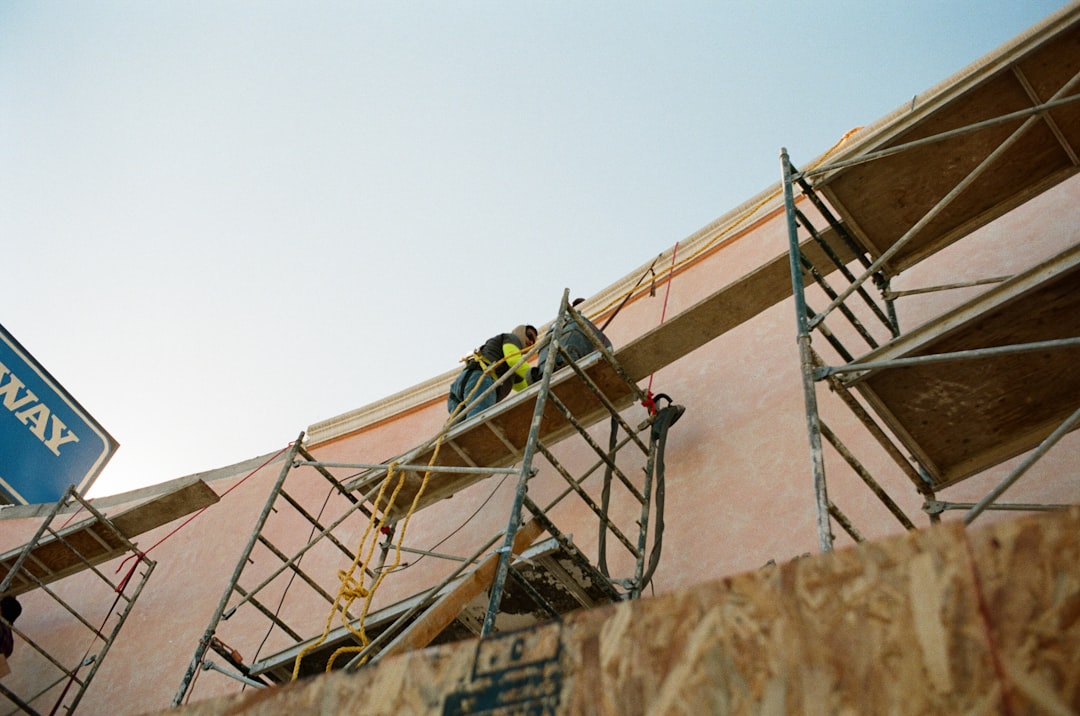
Drywall contractors prices are a crucial consideration for construction professionals. Understanding these costs can help in budgeting and project planning. Current market rates for drywall installation range from $1.50–$3.50 per square foot for standard 1/2" panels, while moisture-resistant boards cost between $0.55 to $0.70 and $0.70 per square foot. High-end finishes can add $0.50–$0.80 per square foot. Minor patching services may incur a minimum charge of $400–$650.
These factors are essential for contractors to consider when estimating project costs. Accurate estimates can be achieved by understanding these core drivers.
Step 1: Voice-guided walkthrough Contractors can use voice-guided tools to capture project details efficiently.
Step 2: AI blueprint takeoff Upload floor plans to calculate board counts and identify specialty areas.
Step 3: Real-time pricing engine Utilize regional supplier feeds and labor productivity factors for accurate pricing.
Step 4: Auto-formatted proposal Receive detailed proposals with labor, materials, and overhead costs.
A remodel project in Orange County used 415 drywall sheets and 38 man-days of labor, with costs ranging from $22,000–$24,000. The project demonstrated the accuracy of AI-driven estimates.
Does price per square foot include taping and sanding? Yes, it includes all necessary finishing.
How do ceiling heights affect cost? Higher ceilings may increase costs by 10–15% due to additional labor.
Can I source my own materials? Yes, and labor rates will be adjusted accordingly.
What about textured finishes? Select finishes in the app to adjust labor calculations.

Several hidden factors can influence drywall contractors prices. Understanding these can help in managing costs effectively.
Using a detailed punch list can prevent end-of-project disputes and additional costs.
Explore project galleries to see how data-driven estimating can lead to savings.